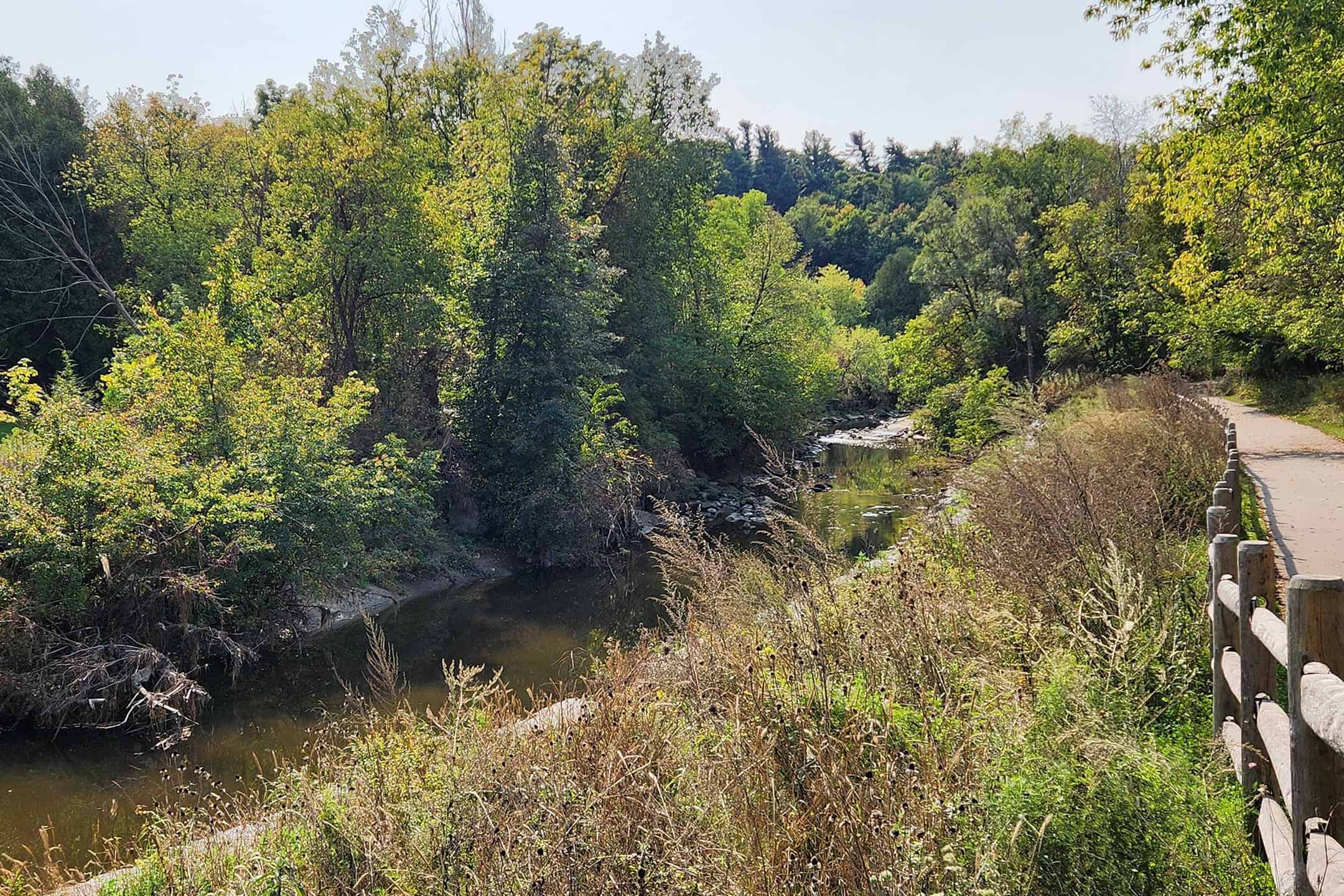When was the last time you saw a river? They’re the backdrop for weekend hikes, a source of drinking water, and so vital to the environment. Now, imagine our rivers in five years: overflowing with plastic waste, drained by droughts, and struggling to support the ecosystems surrounding it.
On September 22, we celebrated World Rivers Day, sharing the importance of one of Earth’s most precious resources. Canadian river advocate Mark Angelo founded World Rivers Day in 2005, and it is now celebrated in over 100 countries — promoting awareness about the importance of rivers and freshwater ecosystems.
A world without water?
Only 2.5 per cent of the world’s water supply is freshwater. Of that small percentage, even less is accessible for human use, with much locked away in glaciers or underground. Rivers, lakes, and wetlands provide the vast majority of the freshwater we drink, as well as resources for human economic activities. Everything from crop irrigation to hydropower, and sanitation usage requires water.
According to the World Wildlife Fund, not only will two-thirds of the global population face water shortages as soon as 2025, but 1.1 billion people lack access to water today. The problems of water shortage are not just about whether you’ll have enough water to make your morning coffee — water is crucial to global food security and agriculture.
Why should you care?
You might be asking yourself: why should you — a university student juggling classes, internships, and a social life — care about rivers? Well, the answer is simple. Water is life and freshwater scarcity could seriously disrupt your future.
There is good news: students are already stepping up. Co-President of the Ecology and Evolutionary Biology Undergraduate Union Silas Peters discussed his work on aquatic ecology in an email to The Varsity.
“My initial research was on how two different road salts are impacting aquatic communities… this is super important to understand, especially in urban areas, because there’s huge amounts of road salts entering our aquatic ecosystems every year. This can have massive impacts on organisms’ development and the composition of communities, and it’s imperative we understand how different road salt alternatives can also impact aquatic ecosystems.”
When too much road salt leaches into a freshwater ecosystem, it can create biological dead zones, which are fatal to the organisms in the water.
What can you do to contribute?
You don’t need to be an environmental science major to make a difference. Small, everyday actions add up — and there are plenty of ways you can help protect our rivers and freshwater ecosystems.
Start cutting down on single-use plastic. Rivers around the world are filled with plastic waste and, for all you know, your old toothbrush could be floating around in the Pacific Ocean. Start by switching to reusable bottles, straws, and bags.
Mind your water usage. Whether it’s turning off the tap while brushing your teeth or cutting down shower time, every drop counts.
With winter right around the corner, you might be stocking up on road salts. However, according to Peters, “Trying to reduce the amount of road salt [you] use in the winter is one super easy thing that people can do [to protect water bodies]. You often need less than you think you do, so it’s important to check the packaging to see.”
The ripple effect: Your role in a global movement
Rivers are the lifelines of both human civilization and natural ecosystems, and their survival depends on collective action — from international policy changes to individual efforts like yours. Whether you’re conducting research, leading river clean-ups, or simply making more conscious water choices, you’re part of the solution.
As Angelo says: “rivers are the arteries of our planet; they are lifelines in the truest sense.”



No comments to display.